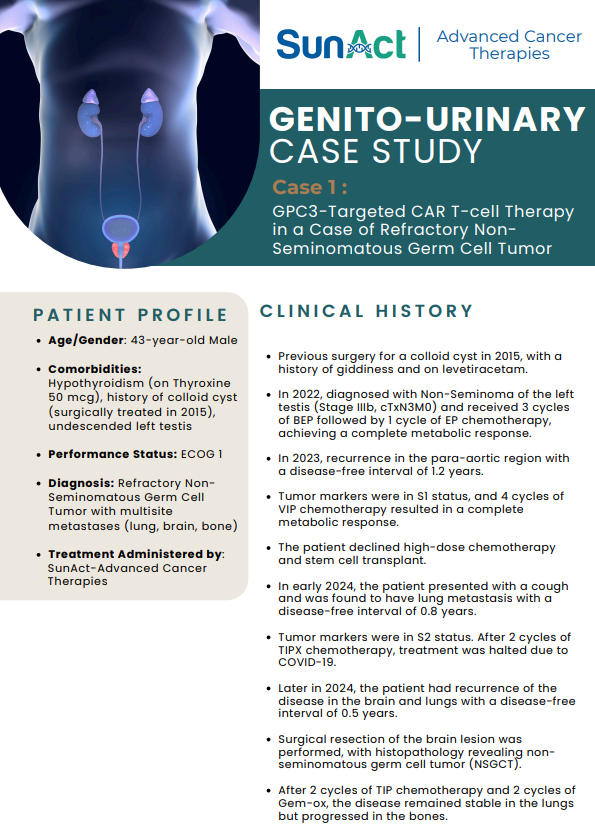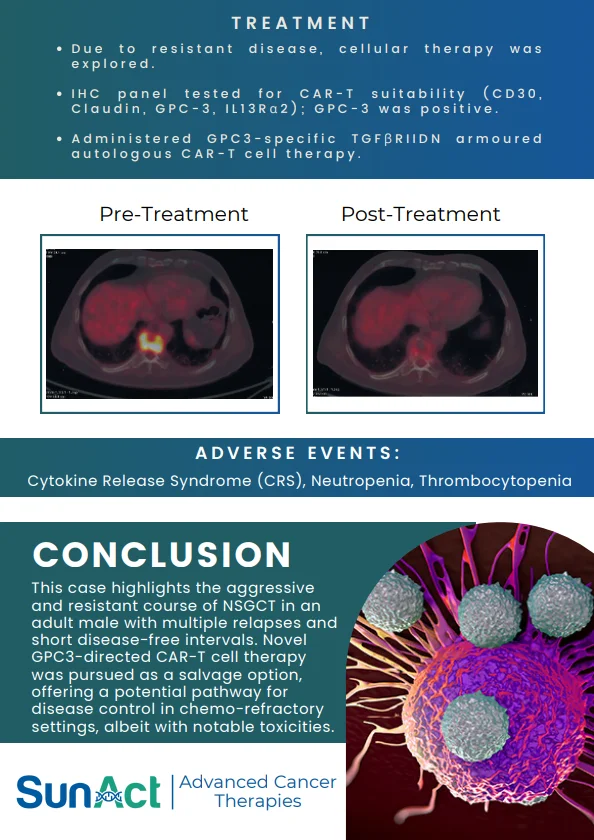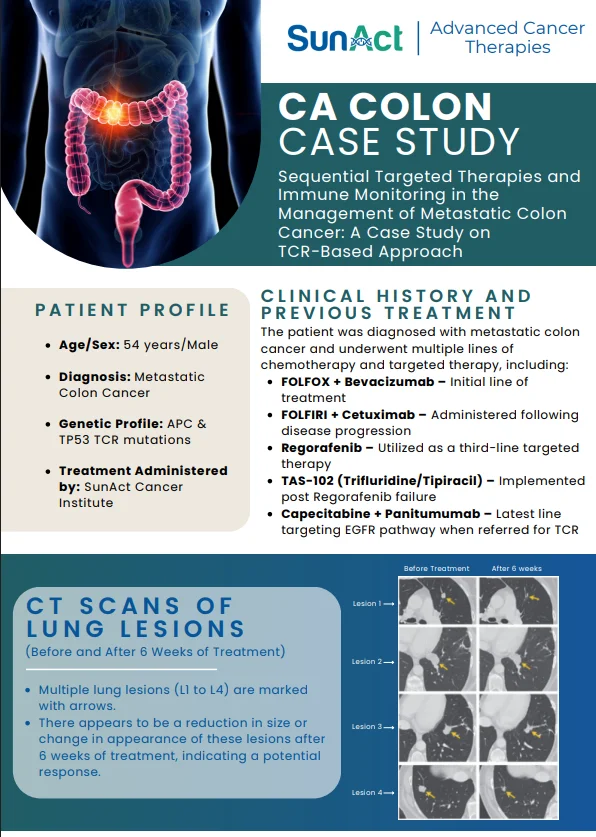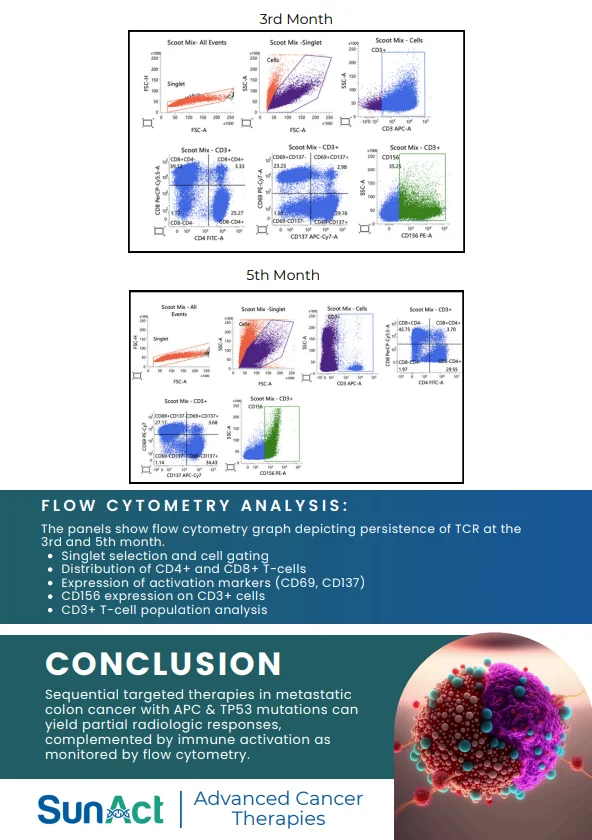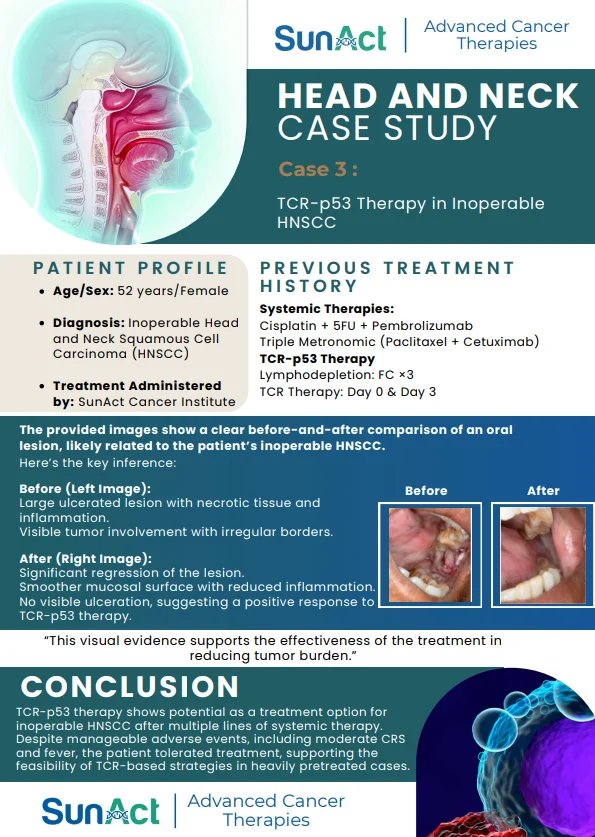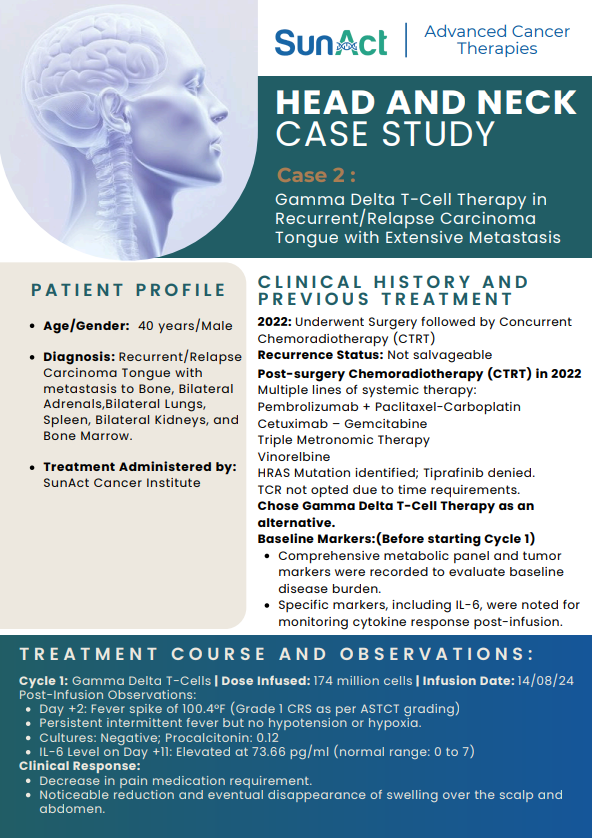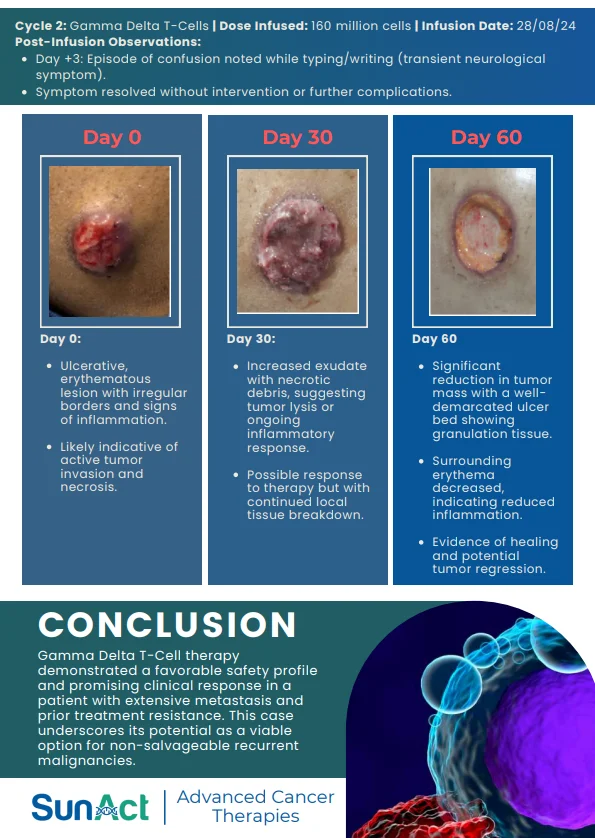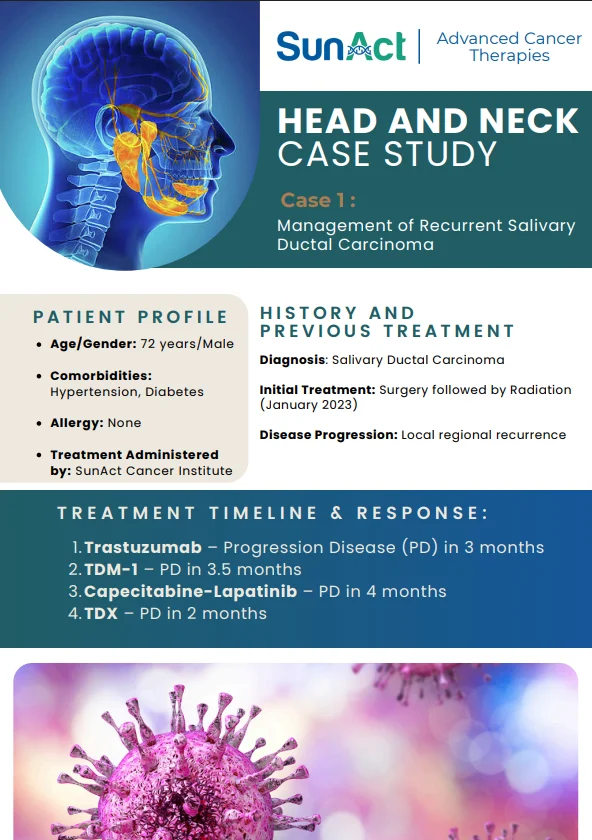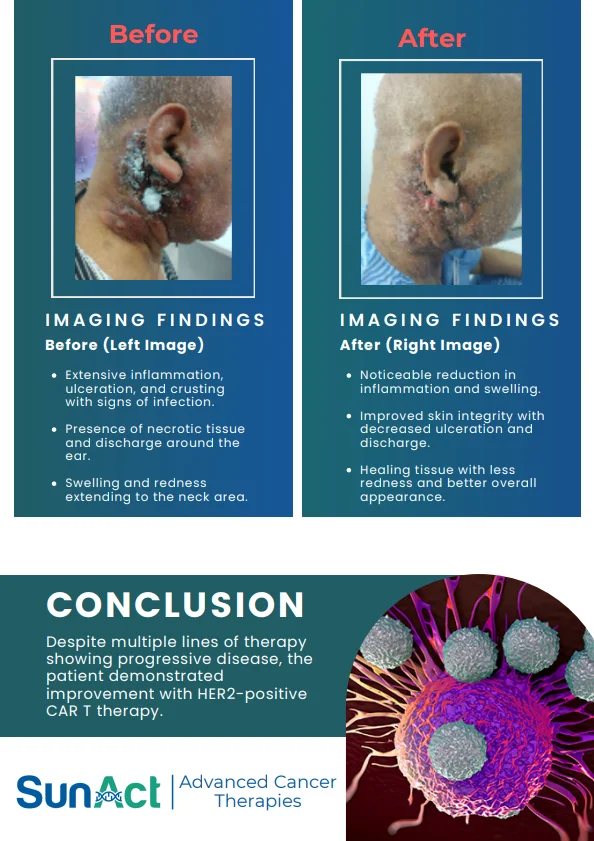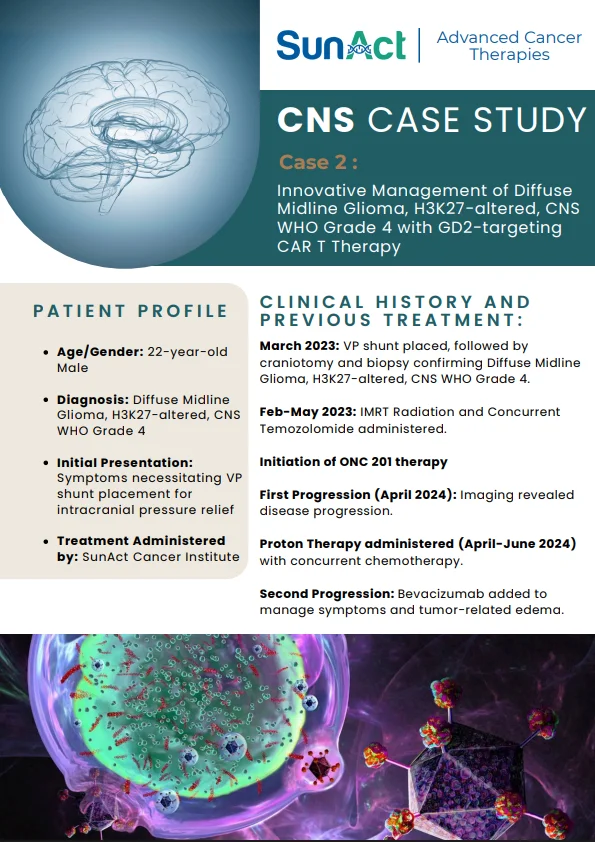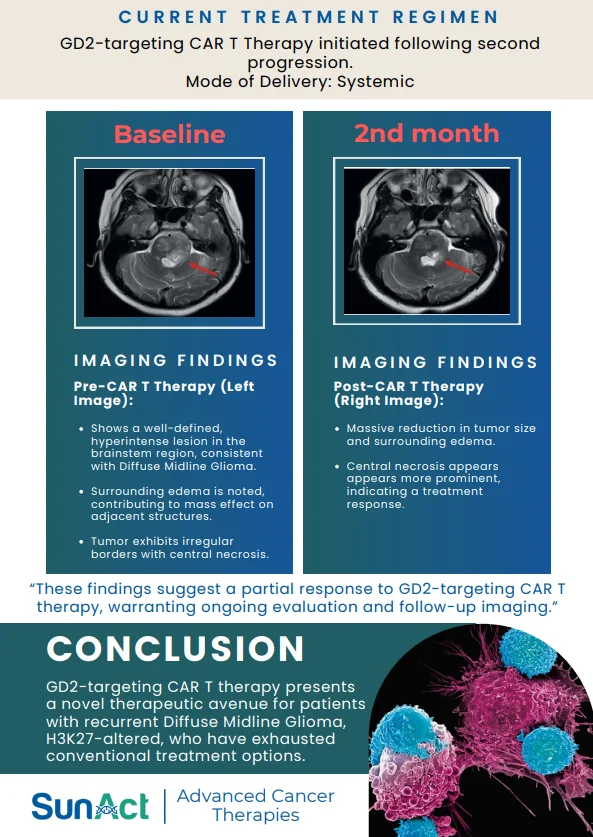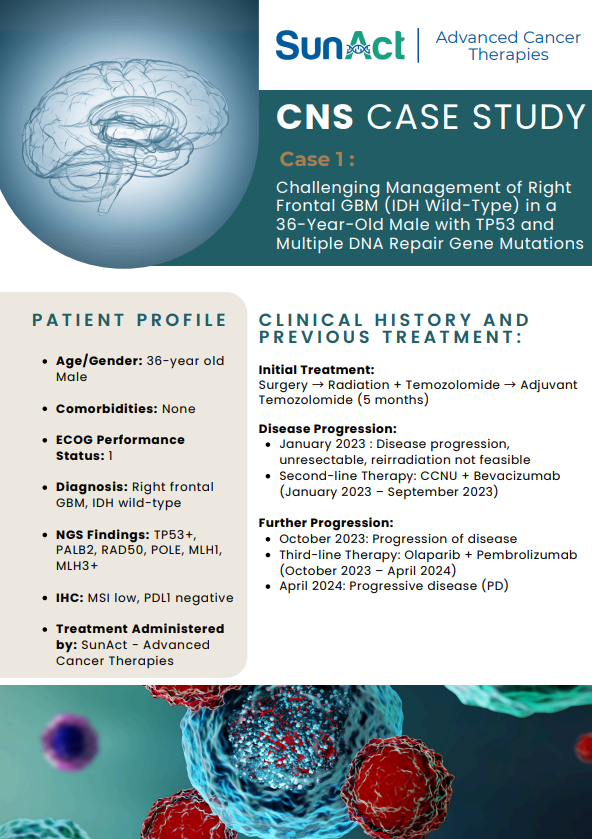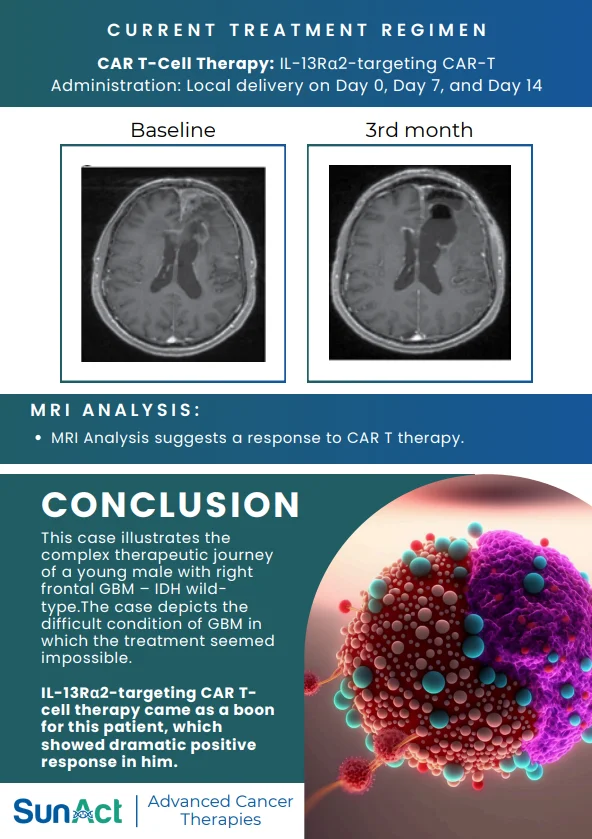
Dr. (Prof.) Vijay Patil, MD, DM, is an oncologist specializing in solid tumors and advanced cancer therapies. With 19 years of experience, he has been dedicated to clinical practice, cellular therapies, and innovative drug development. He has authored more than 750 peer-reviewed publications in leading international journals, including the Journal of Clinical Oncology, The Lancet Global Health, Oral Oncology, Cancer, Cancer Cell, and ASCO publications.
He completed his MBBS from Seth Gordhandas Sunderdas Medical College (GSMC) & KEM Hospital, Mumbai (2006), followed by an MD in Radiotherapy from PGIMER, Chandigarh (2009) with the Kataria Gold Medal, and earned his DM in Medical Oncology from Tata Memorial Centre, Mumbai, in 2013 with a Gold Medal.
Through his clinical expertise and research leadership at SunAct, Dr. (Prof.) Patil continues to contribute to advancements in oncology and strives to improve outcomes for patients worldwide.
Dr. Vijay Patil completed his MBBS in 2006 from GSMC & KEM Hospital, Mumbai. He earned his MD in Radiotherapy from PGIMER, Chandigarh in 2009, during which he was awarded the Kataria Gold Medal and completed his DM in Medical Oncology from Tata Memorial Centre, Mumbai in 2013 as a Gold Medalist.
Overview
Over the course of his career, Dr. (Prof.) Vijay Patil has cared for more than 12 lakhs patients and contributed to the development of new treatment approaches and clinical criteria in oncology. He has also played an active role in national and international clinical trials, helping to bring emerging therapies into practice.
His treatment experience spans:
Through a combination of clinical experience and ongoing research, he continues to contribute to advancements in cancer treatment for patients across the country.
Head and Neck Cancer
Thoracic Tumours
Neuro-Oncology
Uro-Oncology
Gastrointestinal and Breast/Gynecological Cancers
Dr. (Prof.) Vijay Patil is a preeminent figure in oncology, celebrated for his innovative spirit and patient-centered philosophy. His groundbreaking work has been recognized with numerous national and international honors, solidifying his reputation as a leader in his field. He was awarded the prestigious Gold Medal in Medical Oncology at Tata Memorial Centre, an honor that recognizes not only his academic excellence but also his clinical innovation. Furthermore, he has been honored with the National Young Oncologist Award for his exemplary leadership in clinical research and mentorship. A frequent keynote speaker at major oncology conferences, Dr. Patil is widely respected for his ability to translate complex, cutting-edge science into tangible, real-world treatment solutions that benefit patients.
Honors & Awards
Professor in Medical Oncology (2022-till date, SunAct - Advanced Cancer Therapies)
Professor in Medical Oncology (2020-2022, Tata Memorial Hospital, Mumbai)
Associate Professor in Medical Oncology (2017-December 2019, Tata Memorial Hospital, Mumbai)
Assistant Professor in Medical Oncology (2015-December 2016, Tata Memorial Hospital, Mumbai)
Assistant Professor in Medical Oncology (2013-2014, Malabar Cancer Centre, Kerala, India)
DM, Medical Oncology (2010-2013, TMH, Mumbai)
MD (2006-2009, PGIMER, Chandigarh)
MBBS (2000-2006, Seth GSMC & KEMH, Mumbai)
Head and Neck Cancer
Thoracic Tumors
Neuro-Oncology
Uro-Oncology
Gyn-Oncology
Breast cancer
Supportive Care
Head & Neck
“Let science serve people, not the other way around.”
To consult with Dr. (Prof.) Vijay Patil or explore SunAct’s advanced oncology programs, visit sunactcancer.com/contact.
